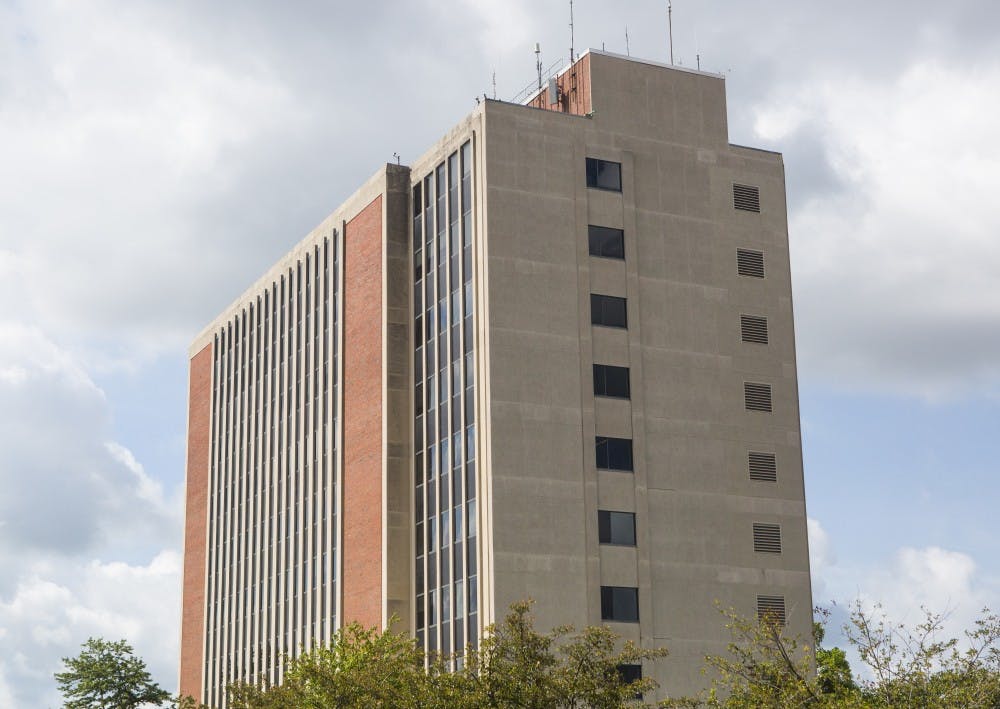According to the BSU Factbook, there were 185 undergraduate students in special education for the 2014-2015 academic year.
The demand for special education continues, as more than six million children and youth nationwide are enrolled in special education programs, according to the National Center for Education Statistics.
The United States Department of Education has reported a shortage of qualified special education teachers for the current academic year. John Merbler, chairman for the Department of Special Education in Teachers College, said special education has been listed as a critical shortage area for the last 20 to 30 years.
“There has always been a need for special education teachers, that’s really nothing new,” Merbler said.
Students choose to major in special education because they may have experiences with it in high school or have a sibling with a disability, Merbler said.
Tara Alves, a sophomore special education major, has chosen to dedicate her life and work to children and special education.
“Children with disabilities are absolutely incredible, and I want to show the world their worth,” Alves said. “I think the children who will be in my classroom have been underestimated their entire lives by the rest of the world.”
Jancyn Hill, a sophomore special education major, has a younger sister with Down Syndrome. Hill has participated in Best Buddies, an international volunteer program that creates one-on-one friendships and leadership development for people with disabilities, according to the organization's website.
“I've seen so many students with disabilities accomplish things that doctors said they would never be able to do,” Hill said. “Special education teachers make those dreams possible, and I want to help students in that way.”
However, majoring in special education can be demanding and challenging at times, which has caused a high turnover rate, according to the National Coalition on Personnel Shortages in Special Education and Related Services.
Merbler said working with children with severe behavior disorders or children who are physically abusive can put a strain on teachers. They also require individualized instruction.
Alves said that even with the challenges, a career in special education can adjust a teacher’s perspective on life.
“You will be scratched, bit, slapped, and yelled at numerous times, however, you will also learn to love when love seems impossible,” Alves said. “Your view of the world will be changed forever.”
Alves said there is no set way of teaching for special education.
“General education is very structured and universal, but special education is individualized for every student,” Alves said. “Every student has an individual education program.”
Professor and director of the doctoral program of special education Michael Harvey said students who consider majoring in the program should be aware of rules and regulations.
“There are laws at the federal level and state level that govern how we provide educational services to students with a disability,” Harvey said.
However, Harvey said this career can be rewarding for students.
“You can make a significant difference on the lives of not only the person with the disability, but the families and the broader community,” Harvey said. “There is a calling for special education teachers and the rewards are incredible.”
Ball State offers a dual major in elementary education and special education. Merbler said the difference is 12 more credit hours, but students can still finish their degree in four years.
“Those people are in high demand because they are super teachers,” Merbler said.
Alves said students considering majoring in special education should be strong willed, determined and not easily discouraged.
“The children will teach you more than you will teach them,” Alves said. “You will learn to appreciate the small successes and little things in life.”





